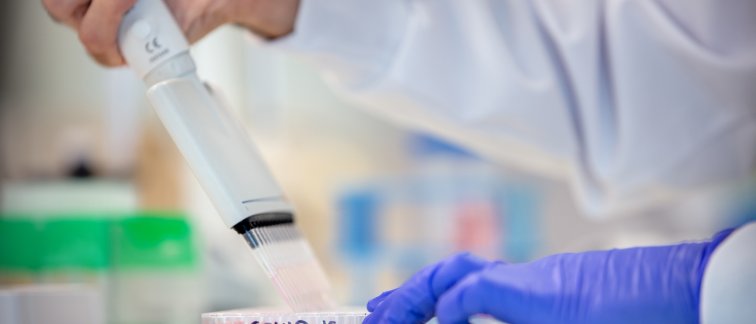The Patient-Led Research Collaborative has awarded a grant of $ 500.000 to Rob Wüst and his team for research on Long-Covid. The Patient-Led Research Collaborative is a group of Long Covid patients who are also researchers. Their mission is to facilitate patient-led and patient-involved research into Long Covid and associated conditions while following rigorous research methodology, and to advocate for policies that enable patients, particularly the most marginalized, to access care and live with dignity.
Fatigue and muscle pain
Skeletal muscle-related symptoms, such as fatigue and post-exertional malaise, are hallmark symptoms of patients with Long COVID and ME/CFS. Particularly, skeletal muscle-related complaints, such as extreme fatigue, muscle weakness and muscle pain, are symptoms that tremendously decrease patients' quality of life. Skeletal muscle-related symptoms underlie substantial suffering among patients and contribute significantly to reduced work disability and nonattendance to social activities, creating a significant personal and societal burden.
In this translational study, the pathophysiology of post-exertional malaise in Long COVID and ME/CFS patients is examined by analyzing muscle tissue and blood before and after induction of post-exertional malaise. This is done by cardiopulmonary exercise testing.
A viral-infection-induced mixture
The preliminary work indicates that patients with Long COVID have an increased degree of auto-immunity, microclots in muscle tissue and abnormal mitochondrial metabolism. Signs of skeletal muscle myopathy after the induction of post-exertional malaise are clear indications that the symptoms of Long COVID and ME/CFS are driven by a viral-infection-induced mixture of auto-immunity, mitochondrial, vascular and endothelial dysfunction.
Performing multi -omics approaches in muscle biopsies and blood of patients during their post-exertional malaise allows to provide an in-depth understanding of one of the most debilitating pathophysiological occurrences in Long COVID and ME/CFS. This project will provide an in-depth biomedical understanding of the pathophysiology of post-exertional malaise, including newly discovered blood/muscle biomarkers, which benefit future clinical trials and biomedical research into treatment options for patients suffering from Long COVID and ME/CFS.

